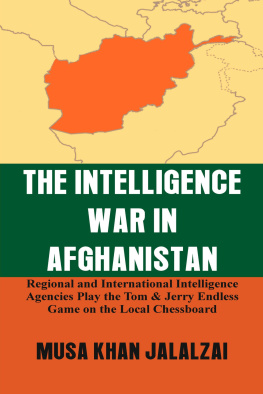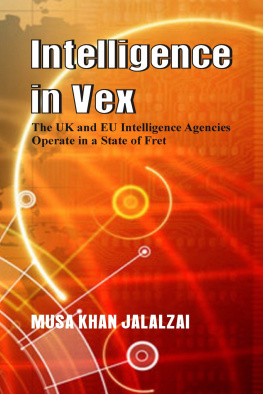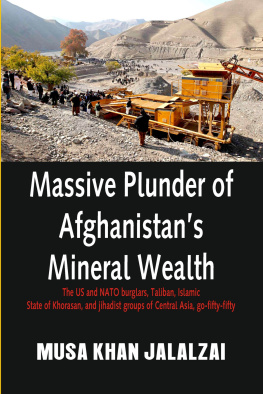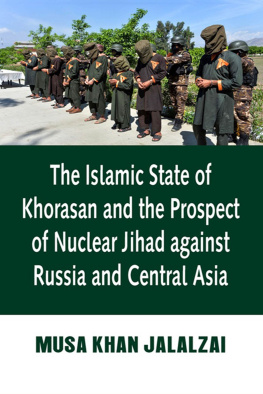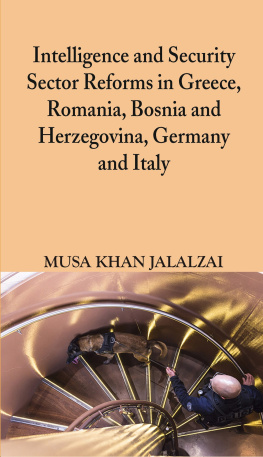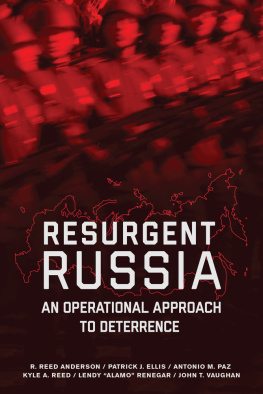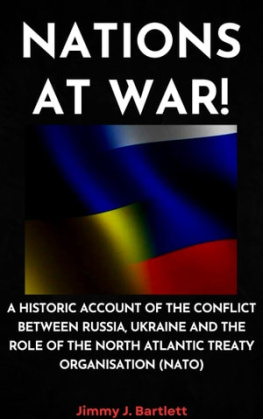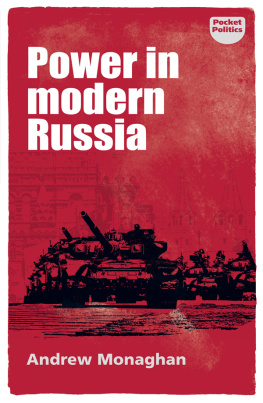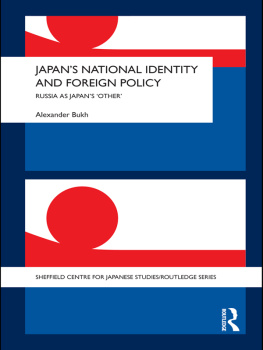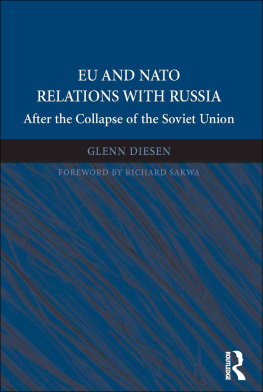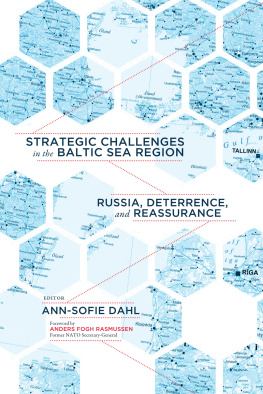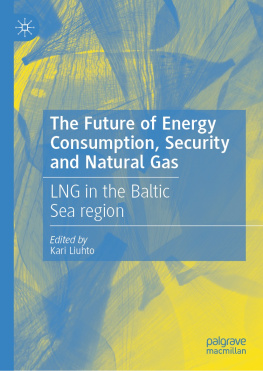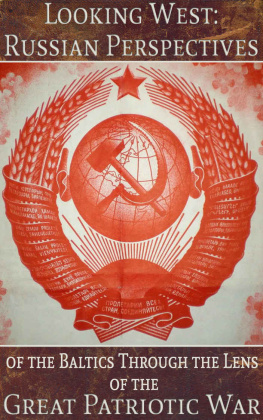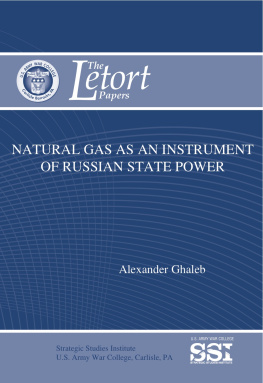Published by
Vij Books India Pvt Ltd
(Publishers, Distributors & Importers)
2/19, Ansari Road
Delhi 110 002
Phones: 91-11-43596460, 91-11-47340674
Mobile: 98110 94883
e-mail:
www.vijbooks.in
Copyright 2020, Author
ISBN: 978-93-90439-37-9 (Hardback)
ISBN: 978-93-90439-46-1 (Paperback)
ISBN: 978-93-90439-47-8 (ebook)
All rights reserved.
No part of this book may be reproduced, stored in a retrieval system, transmitted or utilised in any form or by any means, electronic, mechanical, photocopying, recording or otherwise, without the prior permission of the copyright owner. Application for such permission should be addressed to the publisher.
The state and its citizens in Europe and the UK have become increasingly consternated and vulnerable on account of militarisation of mind and thought of political and bureaucratic stakeholders. In Europe, terrorist and jihadist networks have shaken out while their links with South Asian and Middle Eastern groups have become indestructible. In my recent visit to some EU member states (August 2020), I came across a number of research papers and books-spotlighting security crises in the near future. Efforts to strengthen the capacity and capability of state institutions and actors responsible for the provision, management, and oversight of security sector reform (SSR), within all EU member states, are becoming more important. In France, notwithstanding reforms in the intelligence and security sector, the state intelligence agencies are operating in four cultural and political directions. These four cultures (Arab, African, South Asia, and French) of intelligence information collection have put policy makers in trouble.
In my three precursory books on European security and intelligence infrastructure, I have stressed the need for policing and intelligence reforms and reorganisation of the state in Europe. At present, we have no intelligent state within the EU project-all states are struggling to reinvent their institution by introducing intelligence and policing reforms to make the state competent and stronger. Though some states introduced security and intelligence reforms in Europe, they faced the wrath of old Soviet-style bureaucratic and political stakeholderism. Romania failed to expedite the process of intelligence reforms and undermine the old security infrastructure, while in Belarus, Ukraine, Hungary, France and Germany, parliamentarians and experts also grappled with confrontations and unnecessary opposition of bureaucratic and political stakeholders. For years, EU member states have spent considerable effort to establish a stable security environment by introducing security sector reforms, but their speed of implementation has been so weak since the Paris, Nice and Brussels attacks. The first step to effectively engage with security sectors is to understand what characteristics render them more likely to make a positive contribution to stability. The three small countries-Estonia, Latvia, and Lithuania are under constant threat from all sides, while NATO and the US have failed to provide them with reasonable protection. They are being exploited and used against Russia by the NATO member states.
Congressional Research services (02 January 2020) in its recent paper highlighted political and security development in these three states: Latvia Latvias October 2018 general election produced a fragmented result, with seven parties winning seats in the countrys 100-seat unicameral parliament (Saeima). After three months of negotiations and deadlock, a five-party coalition government took office in January 2019. Researchers caution against implicit assumptions that the Baltic States Russian-speaking communities monolithically support Russia or pro-Russian narratives; surveys indicate a diversity of attitudes within these communities with regard to viewpoints toward Russia and Russia-related questions. Nevertheless, the Baltic States Russian-speaking population remains a significant factor in both Russian policy toward the region and assessments of the potential security threat posed by Russia. The Baltic States each possess ethnic Russian minorities, especially Estonia and Latvia.
They were, at different times, part of the Russian empire and the Soviet Union. After independence, for the first time, in 2014, reports of the Lithuanian, Latvian and Estonian counterintelligence services stressed there had been intensified espionage by some States. The civilian intelligence service of Belarus (KGB) is also analysing Lithuanias border areas but is much more concentrated on efforts against the Belarusian opposition in Lithuania. Lithuanian military intelligence estimates that Russian armed forces are capable of mobilising units from its Western Military District (MD) for use against the Baltic States in 24 hours. Security service of Estonia-KAPO has also warned that the security threat is amplifying. Matti Pesu, a senior research fellow of European Union research programme in the Finnish Institute of International Affairs (January 2020) has painted an interesting picture of Baltic security environment:
Fundamentally, stability is the product of the interplay between the three dynamics. In other words, NATOs reassurance and deterrence measures accompanied by Finlands and Swedens integration into the Western security and defence system act as a counterweight to Russias actions in the region, creating a balance of power holding Russias ambitions in check. Investigating the sources of regional balance is relevant for multiple reasons. The region remains a potential hotspot between Russia and the West and, thus, it merits close and continuous attention. Moreover, the word stability frequently features in foreign policy parlance in Northern Europe, particularly in Finland and Sweden. Given this rhetorical proclivity, attention needs to be paid to the factors that constitute stability and the state of hard security in the Baltic Sea area.
International analyst of Russkaya Baltika (The Russian Baltics), centers of public and political studies, Alexander Nosovich highlights some aspects of Baltic security mechanism: Over the past three years, political processes in the Baltic States have developed within the overall western trend of the population protesting against the old elites, characterised by voting for the so-called populists. In all three republics, members of the old elites lost to political movements and politicians that voters do not associate with the ruling class......All three Baltic states have come to the realisation that their respective demographic crises have led them into a strategic impasse. As of today, neither Lithuania, nor Latvia, nor Estonia have figured out how to effectively combat the mass outgoing migration of employable young people and the critical increase in the share of retirees in the population structure. The current development model of these three countries suggests that there is no single effective solution.
Perceptions of Estonia revolve around interdependent security logic. Estonian Foreign Intelligence Service understands that Estonia is under threat from Russia, but the question is how and why? Russia never threatened its borders and never interfered in its internal affairs. The foreign intelligence in its report warned: International Security and Estonia that the world has not become a more secure place in the last five years in fact, if anything, the opposite is true. The report inculcated that: In the immediate region of Estonia, Latvia and Lithuania, the balance of military power is tilted in favour of Russia. The fact is Russia is a superpower that challenges the United States. Olevs Nikers (Jamestown 30 March, 2020) also noted the crying of Baltic intelligence agencies about the Chinese threat to the region:


